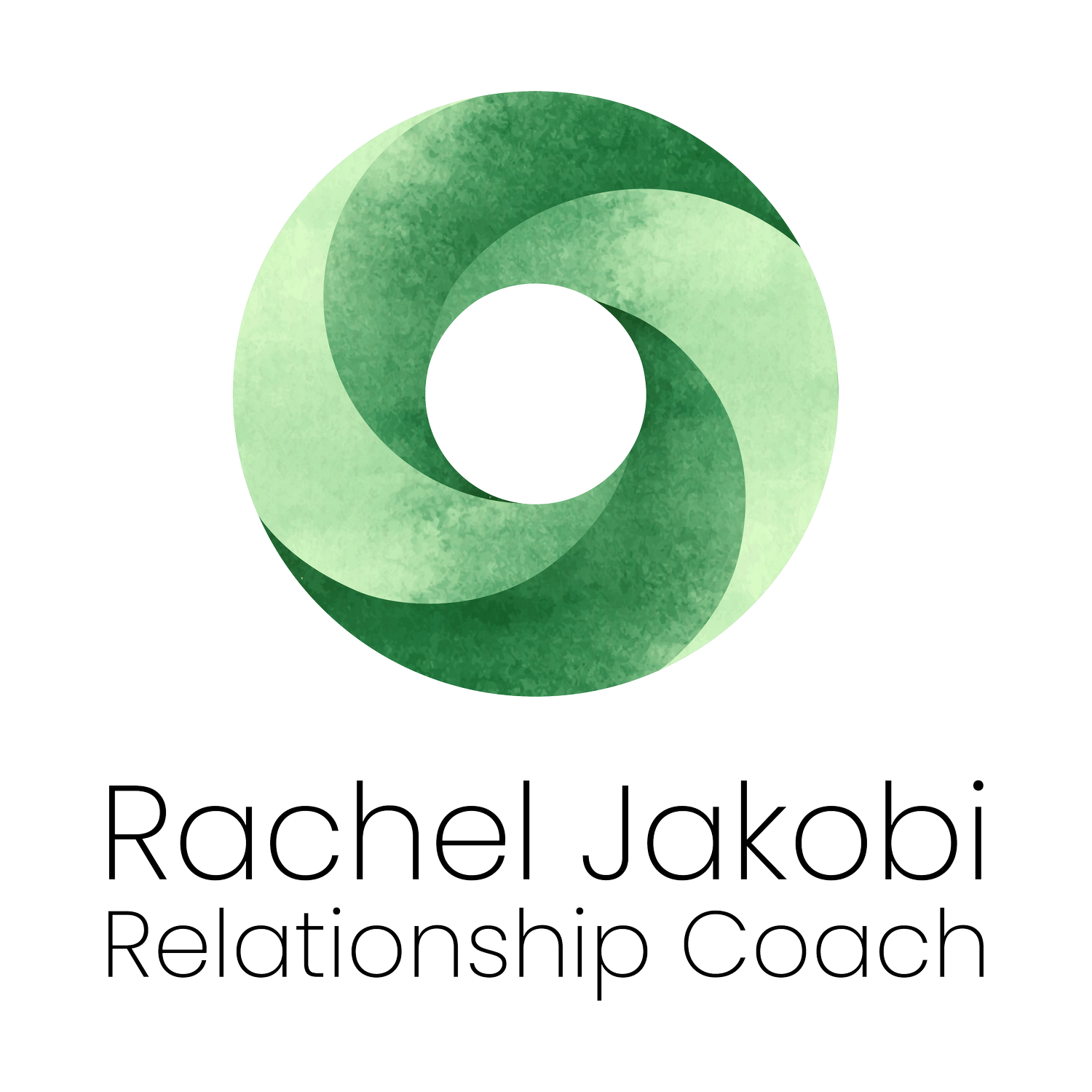When we think of self-care, we think candle-lit rose petal baths, massages, exercise, reading books, weekend siestas, eating right and meditation. But did you know that the quality of your relationships has a direct effect on your own personal wellbeing – mentally as well as physically?
In an attempt to encourage you to work through any present relationship challenges that have surfaced within your household, and to make plans to nurture those beyond with more gratitude and compassion once the walls come down, I present here the importance of making time and energy for this vital self-care ritual.
I wonder what effect this period of social isolation is having on your health, physically and mentally? After a period of being separated from our extended community, we begin to notice the, possibly surprising, effects. Without the ability to express ourselves as we used to, to be heard, to laugh and connect, it’s obvious that without strong healthy relationships, our mental and physical health can be dramatically compromised. You might have felt your energy levels drop or your thinking may not be as sharp. Maybe you feel ‘stuck in your head’, a feeling of dread, you may have noticed an increase in negative thoughts. Perhaps your hope in the future has diminished.
And what about the relationships you are still able to participate in, those with the people inside your household? Are they strong enough to whether this storm? Or is the storm putting fractures in them? How does this affect your health? Perhaps you’re having even more trouble than usual understanding where your partner or kids are coming from. Your anger levels might have increased, your tolerance decreased. You might be feeling isolated and lonely within your relationships, and misunderstood. The petty arguments may be rising exponentially.
The Harvard Happiness Study has been running for nearly 80 years now. With the intention of exploring how life events affect the health and happiness of its participants, an unexpected learning was that “Although genes are nice, joy is better”. In other words, “Good relationships keep us happier and healthier”.
Although the physical science of why relationships are good for your health is still a little on the light side, the following has been found:
1. People who are more connected (not just to a partner but also to friends, family and community) are happier and healthier and live longer.
2. On the other hand, loneliness is toxic. In fact, it’s effects on the body are just as powerful as smoking or drinking.
3. Conflict, as it activates the stress response, is bad for our health. This is because when we are stressed, our immune system is compromised.
4. Good relationships, as they induce lower levels of stress and higher levels of calm and relaxation, actually activate the rest and repair system of the body, increasing healing.
5. When the stress response is switched off, there is more available energy for higher brain function, therefore, positive relationships actually enhance memory.
6. The people who were most satisfied in their relationship at age 50 were the healthiest at age 80.
7. People’s level of satisfaction with their relationships at age 50 was a better predictor of physical health than their cholesterol levels were.
8. The role of genetics and long-lived ancestors proved less important to longevity than the level of satisfaction with relationships in midlife, now recognized as a good predictor of healthy aging.
So, I ask you: What do you want to get from life and how will positive healthy relationships help you get there? How long do you wish to live and in what state of health? Are you willing to put the work in to make your relationships work for you?
Here’s a few pointers to support you in ensuring health in the way you relate to everyone in your life. We already know all of these I’m sure, but it’s good to be reminded.
1. Listen to understand, rather than listening to respond or to defend yourself.
2. Put your ego aside. Instead, be open to the ideas of others, even if they are contradictory to your own. Just because you’re willing to understand, doesn’t mean you have to change.
3. Ask yourself ‘what can I offer within this relationship?’ rather than ‘what can I get from it?’
4. Focus on the other person’s valuable attributes, rather than their weaknesses, keeping in mind what you can learn from them
5. Have gratitude
6. Have compassion
7. Have fun!
Over the next little while of isolation, here’s some things I encourage you to think about, take out a notebook if you get really keen.
- How can I recognise within myself when I’m feeling disconnected from human relationships? What are my physical and mental symptoms?
- Which of my relationships need some work? (Remember to include the relationship you have with yourself.)
- Which ones am I willing to put more effort into?
- What strategies must I implement to bring these relationships back to health?
- What rituals can I implement to support my relationships?
- Which relationships have probably done their dash and need to be let go?
- How can I create new connections within my community?
- How can I become a part of a new community?
- Through this period of isolation, how can I get creative about the way I connect with others?
If you’re wanting guidance in negotiating these questions, go to the BOOK NOW page of my website and book yourself a session. I’m always here, happy to assist and support.

